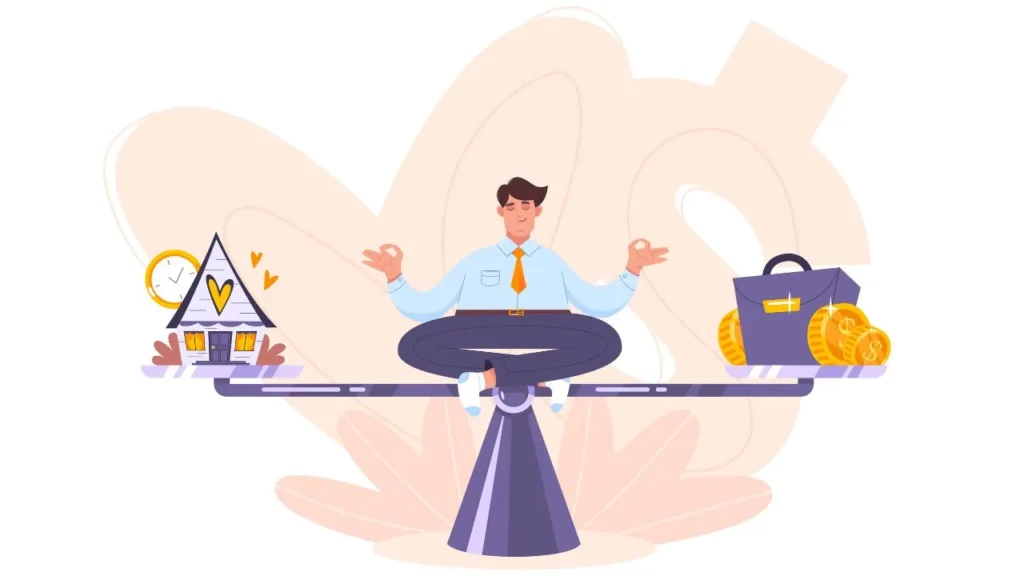This series has so far covered how to support career advancement with the aid of your network, mentors, well-defined professional development goals, and a well-organized career development plan. We’re going to discuss the importance of work-life balance for personal development as we wrap up this series.
While it may be tempting to think that working is the only way to get things done, taking pauses and attending to your personal life outside of work might help you be more productive during working hours.
Excessive working hours have been linked to heart disease, poor sleep, memory loss, and burnout, according to studies. Conversely, employees who successfully strike a healthy work-life balance typically report less stress, increased output, and overall greater job satisfaction.
Thus, working excessive hours puts you in danger of impeding your own development. Attaining your career objectives requires maintaining a positive work-life equilibrium.
But remember that different people have different definitions of work-life balance. You are the only one who can define balance in your life since your objectives and values are unique to you. What’s maybe more significant is that your daily balancing act can be different. There will inevitably be late nights at work or in your general life, and that’s alright. Just don’t forget to regain your equilibrium as soon as you can stabilize yourself.
Some jobs are more conducive to creating work-life balance than others. Learn more about jobs for better work-life balance and how you can start pursuing them today.

The following advice can assist you in maintaining a healthy work-life balance:
- Take a moment to assess. Take a moment to consider the relationships between the various facets of your life. Are you investing enough time in important activities or relationships with others?
- Set new priorities. Decide which things you want to change first, then order them. Consider what is truly important to you, where you may make allowances, and what steps you can take to pursue your passions further.
- Set limits. Establish limits and let others know what they mean to you. Think about putting personal time on your schedule, disabling alerts after work, and only accepting invitations when you are truly excited about them.
- Think, hone, and repeat. It takes time to achieve a work-life balance. Thus, be kind to yourself when you falter. Take some time to think about what works best for you and keep improving your strategy until you reach your objective.
You should see an increase in energy in all facets of your life as you establish a better work-life balance. Sometimes all you need to come up with a concept deserving of a promotion is to just enjoy time with friends.